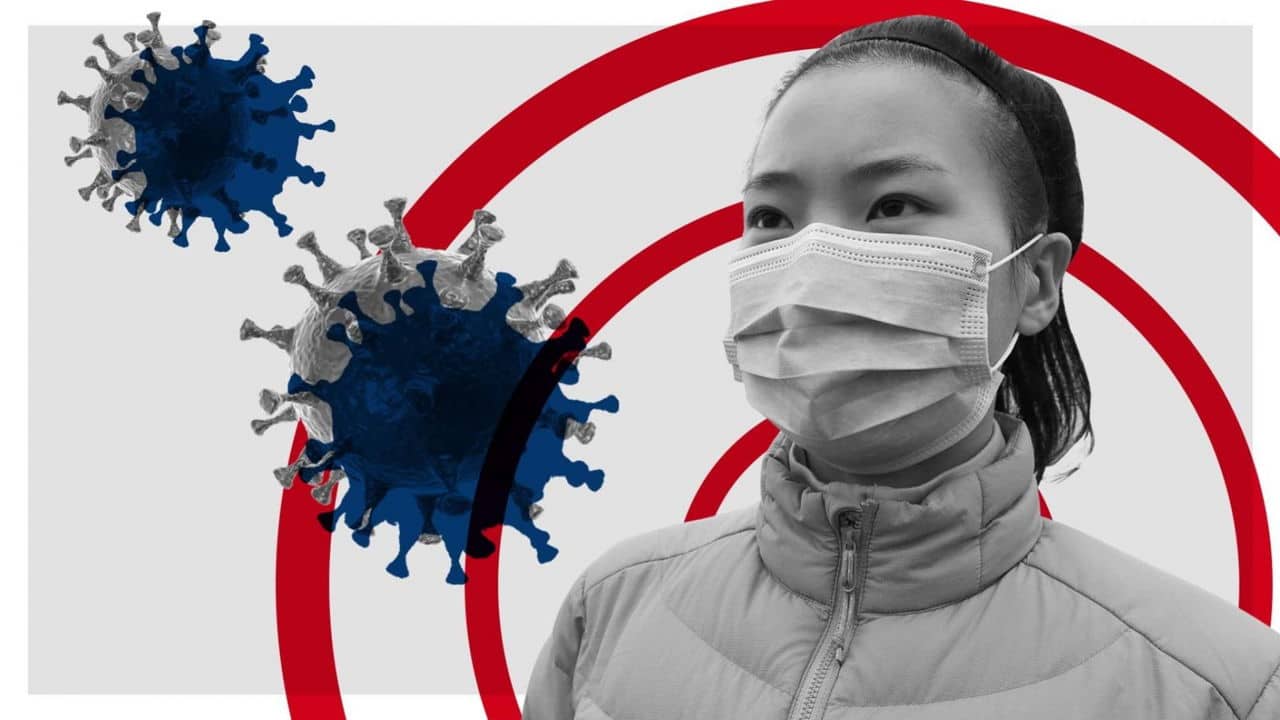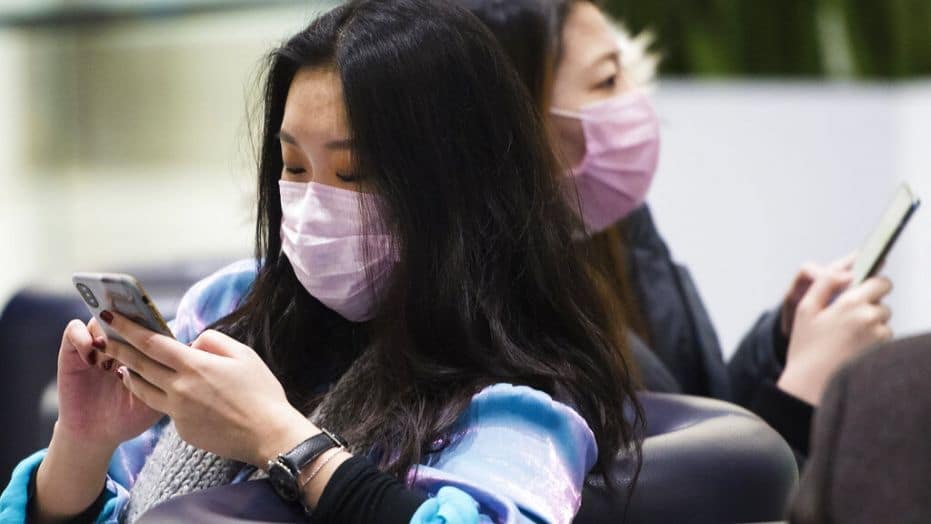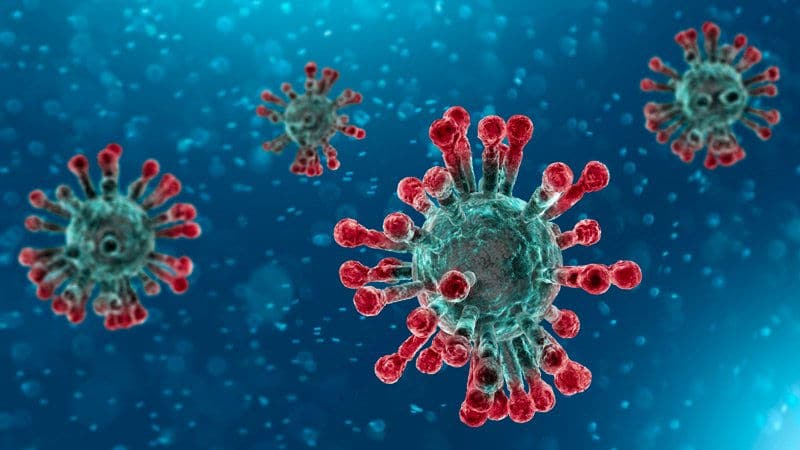From Miraculous Medicine to Conspiracy Theories, Virus Misinformation Covid-19 overflows on digital platforms.
Όall these practices during crises become the carriers of a flood fake news difficult to treat.

From sesame oil for immunity to the conspiracy theory that the virus is a product of a workshop in the city of Wuhan… a number of rumors have flooded the social media in recent weeks.
«Most of the sources of these fake news they do not care whether you believe them or not. They are using this epidemic as an ideal vehicle to achieve their goals, either to make a profit or to create a climate of suspicion.Notes Carl Bergstrom, a professor at the University of Washington and an expert in online misinformation.
Some of these sources want to sell products and try to convince that cannabis allows the immune system to shield itself against the virus, for example. Others seek views or clicks, sources of advertising revenue.

«And then we have the ongoing operations to hurt the democracies and give the impression that we can not trust anyone", Adds Carl Bergstrom. «It is the strategy of watering the hose (we create flood through propaganda), which is its adherent tactic. Ρωσίας, mainly».
U.S. officials told AFP last week that thousands of Russian-linked accounts in Twitter, Facebook, Instagram spread anti-American misinformation about the new virus to cause suspicion and discord. Moscow has denied the allegations, according to the Athens News Agency.
Massive epidemic of misinformation
The theories that emerge include the idea that the virus was created by the United States, recalling the KGB's efforts during the Cold War to spread the theory that the virus HIV was an invention of American scientists.
In early February, the World Health Organization described the flood of inaccurate information as a "massive epidemic of misinformation", which complicates the mission of the Agency and the health authorities.
Attack on surgical masks…
Fake news can trigger panic attacks, such as raiding surgical masks, emergency services, or avoiding statements by people who show symptoms for fear of imposing imaginary restrictive measures.

To coordinate the operation to deal with the misinformation epidemic, the World Health Organization convened representatives of the technology giants at its headquarters Facebook in Silicon Valley.
Amazon has begun withdrawing products that are supposed to cure the disease or protect against the virus, the American network CNBC reported.
Facebook, Twitter and Google (including YouTube) reinforced existing content deletion policies that could cause physical harm to the public, advertisements for dangerous counterfeit drugs, for example, and the promotion of reliable information, such as World Health Organization information material.
Fact checking and whak-a-mole…
Facebook, the dominant social networking site, relies on "third party checking", the third-party verification program developed in 2016. Facebook collaborates with about sixty media outlets around the world, including AFP (Agence France-Presse) for using their own fact checking systems on its platform and on Instagram.

The network significantly restricts video listening or reading articles that are considered fake by the verification mechanisms.
But Carl Bergstrom and Javin West, authors of a forthcoming book on misinformation, say the measures are trivial. They denounce the hypocrisy of social media, whose algorithms and advertising models favor the dissemination of fake or "yellow" content.
«It's like the whak-a-mole game, only there are a million moles being thrown from everywhere and only 5 players trying to crush themSays Javin West, a professor of computer science.
Other academics who have studied the effects of misinformation during the Zika virus crisis and yellow fever in Brazil believe that fact-checking efforts may prove ineffective or even counterproductive.
In their study published in January in "Science Advances"They conclude that"Talking about fake news can make them more intimate and even more credible».
[the_ad_group id = ”966 ″]





